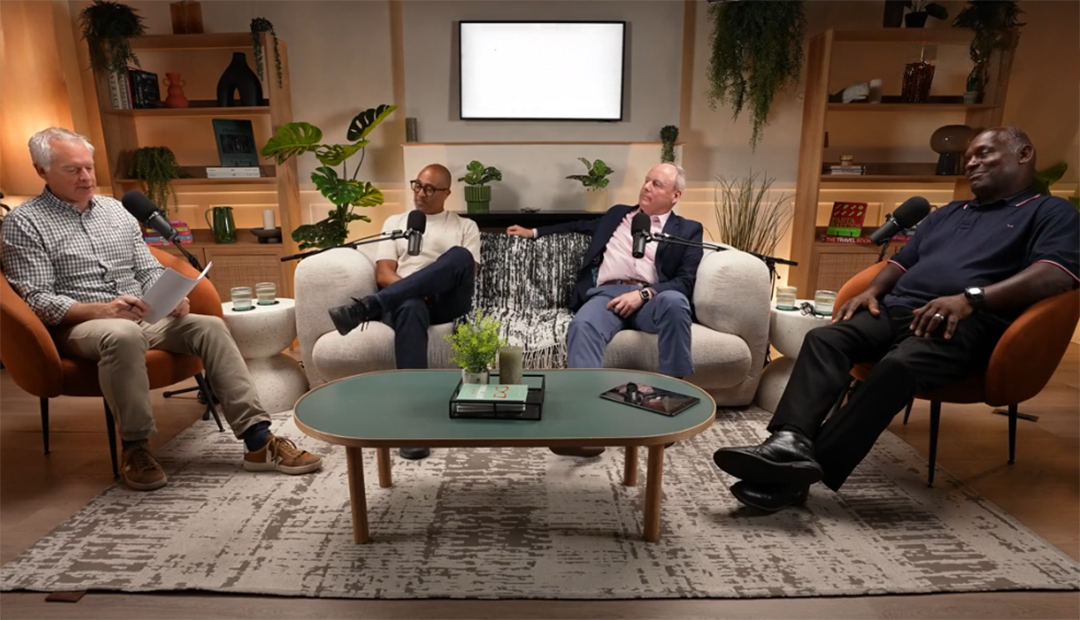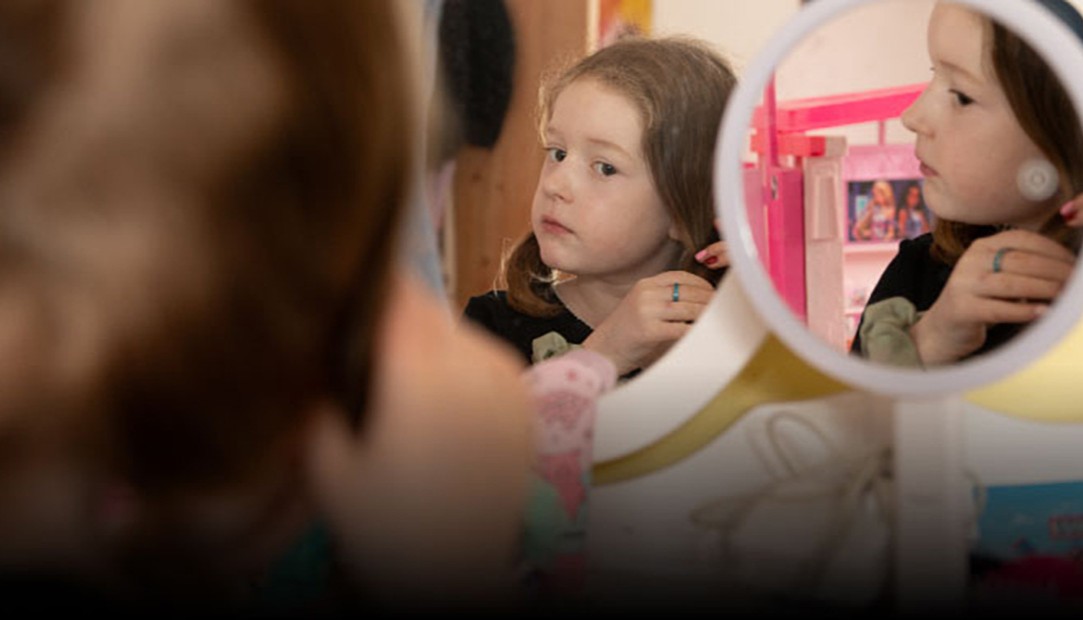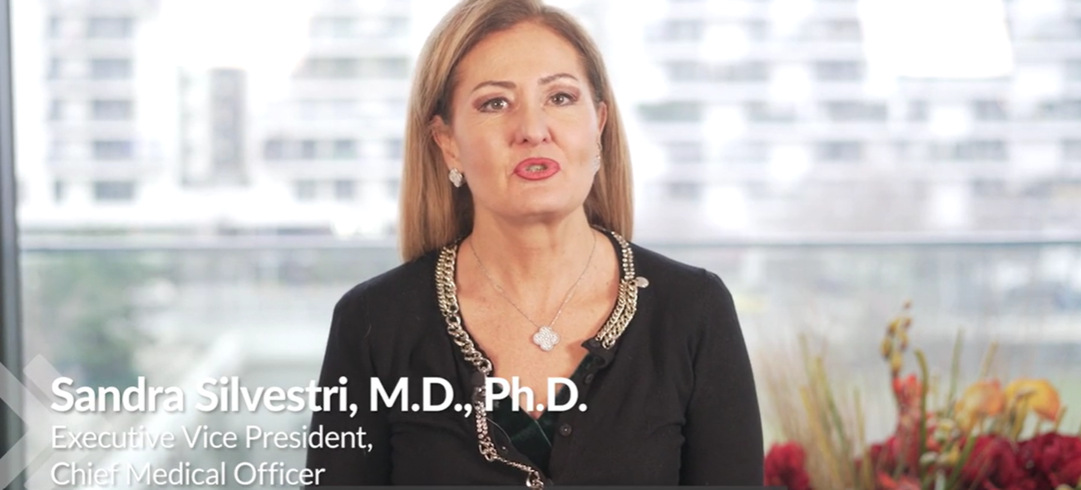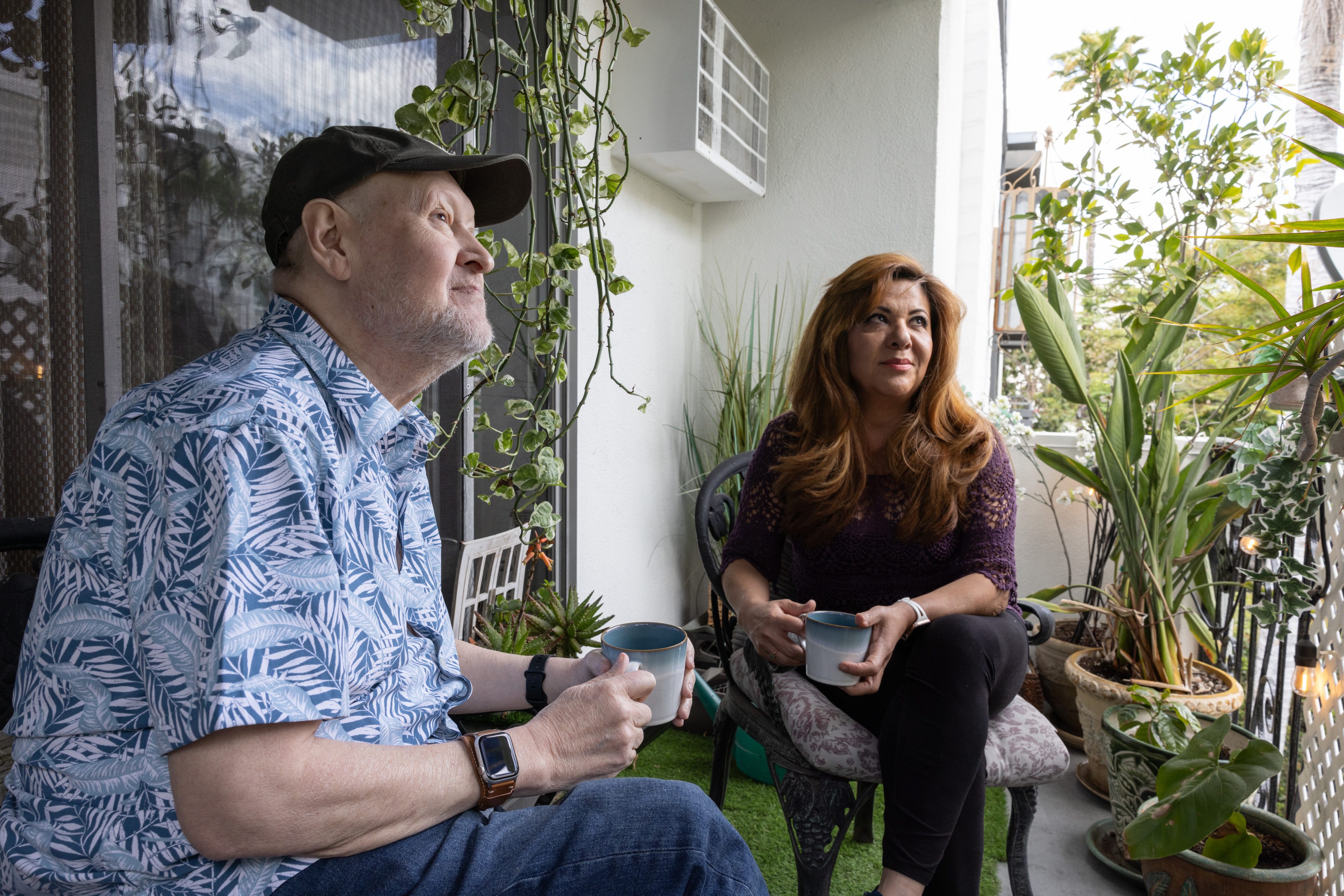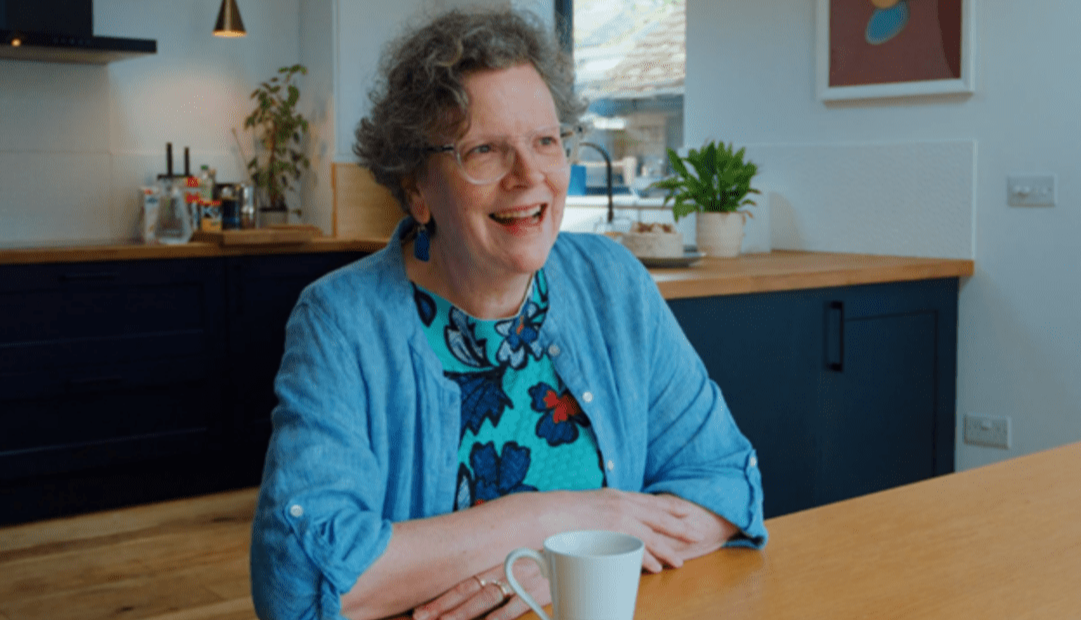Offering reassurance: John shares his story about living with prostate cancer to reassure those who might be in a similar position
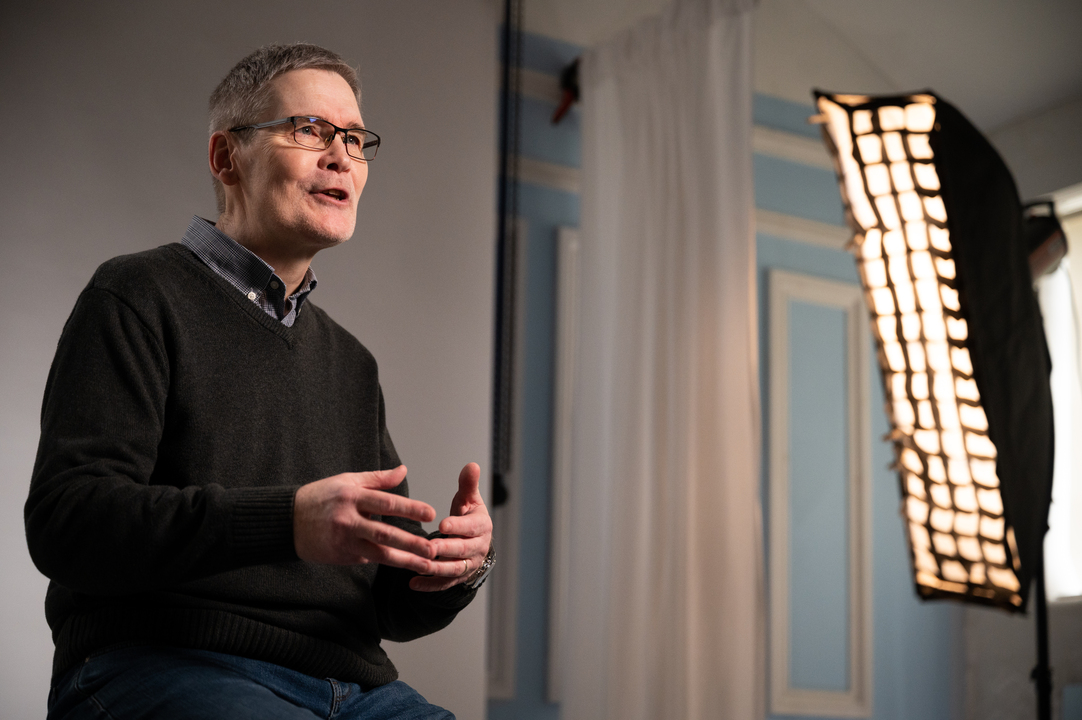
Experiencing any cancer diagnosis can be really overwhelming. However, prostate cancer can have its own nuances for those men who are living with it. John, from the UK, was diagnosed with prostate cancer in his mid-50s and he wants to tell his story to encourage men to go to the doctor if they get symptoms, as well as offer reassurance to those who may be diagnosed.
I thought the symptoms were “old man syndrome”
“A few years back, I was going to the loo a lot in the night, needing to pee. I know it was a lot because my wife kept mentioning I was interrupting her sleep! She urged me to go to the doctors to get it checked out. But I thought it was just one of those things that older men have – I called it ‘old man syndrome’ – but as it turns out, something wasn’t right. I have some close friends that I trust to talk with about health issues and one day I mentioned to one of them that I was getting up 4 or 5 times a night to pee, hoping that they might also say the same. But he confirmed what my wife had thought – that this wasn’t right, and I should go to the doctor.”
Most men with early prostate cancer don’t have any signs or symptoms. When the symptoms do start, this is usually because the cancer has started to grow near or press against the urethra, causing problems with urinating, similar to John. Symptoms can include difficulty starting to urinate or emptying the bladder, a weak flow when urinating, a feeling that the bladder hasn’t emptied properly, needing to urinate more often than usual, especially at night, and a sudden need to urinate. While often these changes might be a symptom of an enlarged prostate, or another health problem, it’s still advisable to go to the GP to get a checkup.
I thought the worst at first, but I’m still here now!
“So, I went to the GP and, following an examination and some blood tests, I was referred to a specialist where I found out that I had cancer. That first 24 hours after the diagnosis was terrifying – I genuinely thought I was going to die immediately. You hear the word ‘cancer’ and dread the worst. But obviously that isn’t the case as I’m still here now, years later!”
Unfortunately, there is still a lot of stigma attached to prostate cancer which goes beyond the physical challenges associated with this cancer. Research from 2020 shows that many people living with prostate cancer experience stigma and shame. Some might see the disease as “emasculating,” while others are reluctant to speak about it with friends or family due to societal expectations about keeping this matter private. Erasing the stigma and shame surrounding prostate cancer is crucial to ensuring that men get diagnosed as early as possible, as well as ensuring they feel supported while being treated.
I encourage others to make sure they have a good support network
“Getting used to living with cancer has been its own challenge and I have found a lot of help from my family and friends, as well as charity support networks. At the beginning, I had a lot of worry and emotion and so it was good to be able to talk with people to let this all out. It’s important to be able to lean on people when going through diagnosis and treatment. It’s also nice to be able to talk with friends and family about things that are not related to cancer – just the usual life issues. “I wanted to share my story about living with prostate cancer to give some reassurance to men who are being diagnosed that this does not need to be the end of the world and yes, it’s normal to panic in the early days. But there is help out there – healthcare teams, friends, family, support networks, charities. And there are lots of treatments which can treat the cancer or prolong your life.”
Prostate cancer facts
- 1 in 8 men will get prostate cancer. If you’re over 50, or you’re black, or your dad or brother had it, you’re at even higher risk.
- Prostate cancer is not always life-threatening. But when it is, the earlier you catch it the more likely it is to be cured.
- Prostate cancer is the 2nd most commonly occurring cancer in men and the 4th most common cancer overall.
- There were more than 1.4 million new cases of prostate cancer in 2020.
- There is strong evidence that:
- being overweight or obese INCREASES the risk of advanced prostate cancer
- being tall INCREASES the risk of prostate cancer



